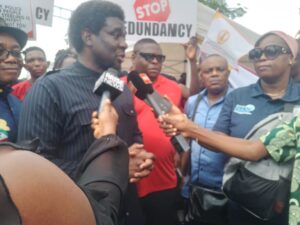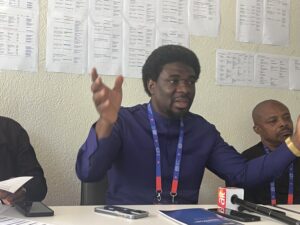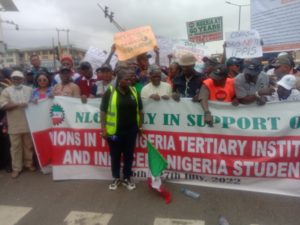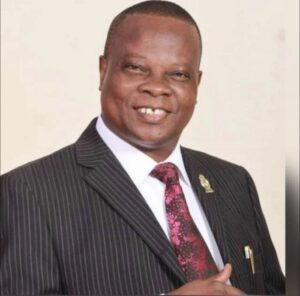Nigeria’s transformation agenda aligns with ILO’s vision – Minister of Labour
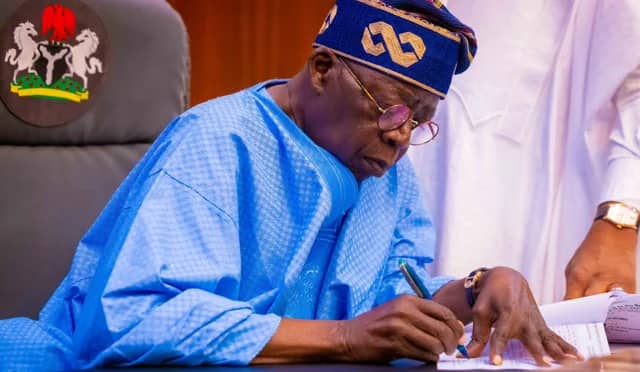
Nigeria yesterday reiterated her commitment to reposition as a prime global investment destination, charging participants at the ongoing 113 International Labour Conference (ILC) in Geneva, Switzerland to look towards the country for global integration.
The Minister of Labour and Employment, Dr. Muhammed Maigari Dingyadi addressing the ILC in Nigeria’s response to the report of the Director-General at the 113th session of the ILC, noted that the theme of the DG’s report aligns with the mandates and aspirations of the priority areas of the “Renewed Hope Agenda” of President Bola Ahmed Tinubu’s led administration.
He expressed that it was “designed to reposition Nigeria as a prime global investment destination.”
“The Agenda is hinged on the vision of pursuing and instituting sustained socio-economic prosperity for our country through attaining job creation, inclusiveness, food security, poverty eradication, economic growth, access to capital, improving the security of life and property, rule of law and fight against corruption,” he stated.
Speaking further on how it aligns with the International Labour Organization (ILO) ideals, the Minister said the priorities of agenda aimed at building a more just and equitable society that is an essential and critical component for national growth and development, as well as laying a springboard for international integration.
“Distinguished delegates, I am happy to inform that the Federal Government of Nigeria with its tripartite constituents are committed to advancing social justice,” he said
The Minister explained that in furtherance of this, Nigeria signed on to the ILO Global Coalition for Social Justice as part of her continued commitment towards building an equitable society for all Nigerians and partnering with the ILO to achieve its goals and global aspirations for the common good.
He maintained that Nigeria shares the ILO’s vision of a just transition and acknowledges that sustainable development hinges on inclusive economic growth, fair labour practices, and robust democratic institutions.
“The DG’s report this year, draws attention to current realities in the world of work underpinned by global socio-economic, cultural and technological transformations that threaten the once secured traditional jobs and livelihood of workers,” he said adding that these realities have blurred the lines that clearly demarcates the dynamics of work as previously known.
The Minister said as part of the government responsiveness, the Nigeria government approved a new national minimum wage in July 2024 “aimed at ensuring improved living conditions for workers which is part of our broader strategy for economic fairness, fair distribution of economic gains and decent work.”
Also on the eradication of child labour, the Labour Minister said Nigeria as a Pathfinder Country under Alliance 8.7 is intensifying efforts to eliminate child labour and forced labour.
“We are reviewing national legislation, building capacities of partners, strengthening institutions, and implementing community-based programmes to rescue and rehabilitate vulnerable children,” he said.
Nigeria however enjoined the delegates to continue to work together to mitigate the centripetal and centrifugal factors that threaten “our shared prosperity which go beyond personal national goals.”
“We must collectively resolve to chart a pathway towards an inclusive, equitable, resilient, productive and sustainable world for generations to come,” he stressed.
